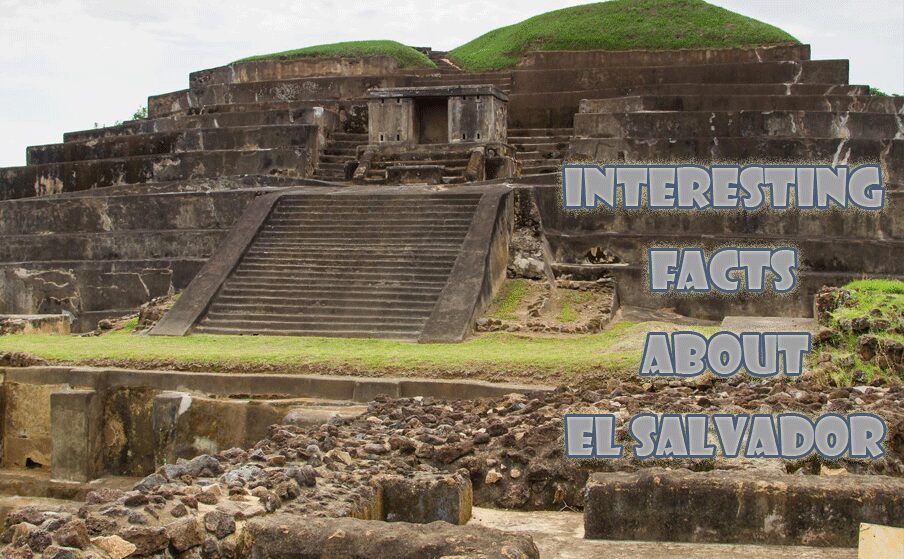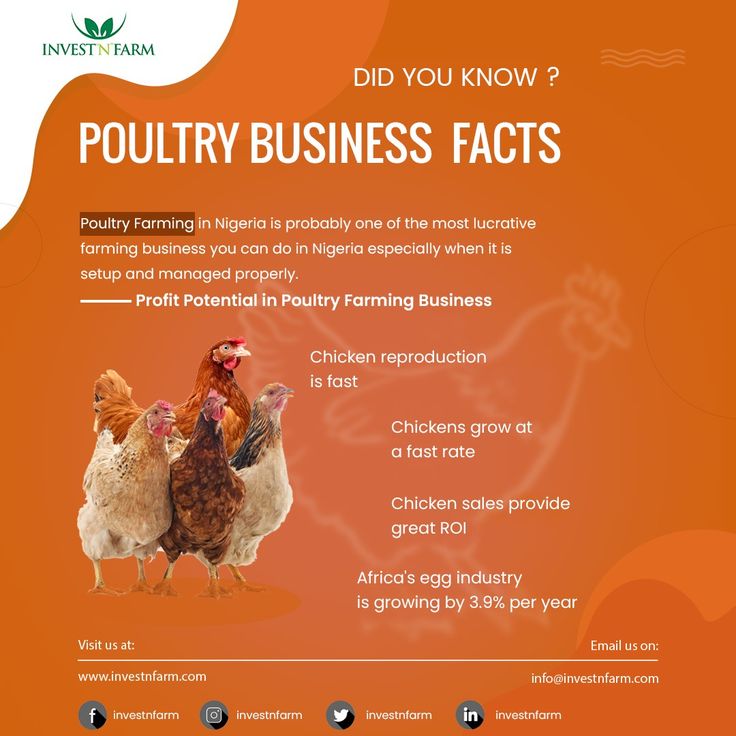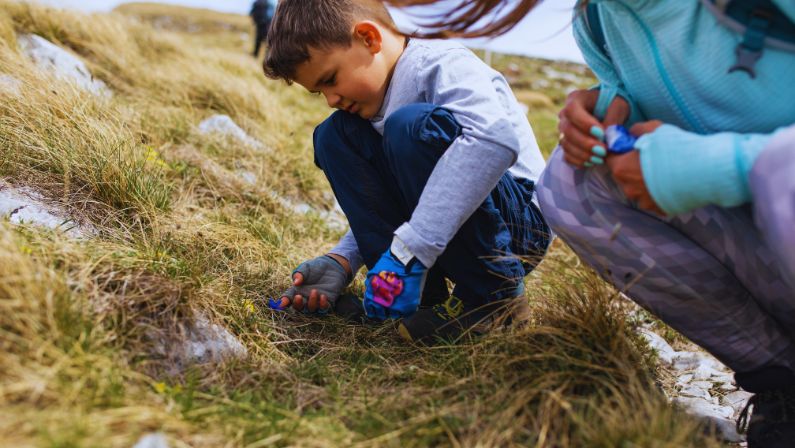El Salvador, a small yet captivating country in Central America, often finds itself overshadowed by its larger neighbors. Despite its size, El Salvador is rich in culture, history, and natural beauty, making it a subject of intrigue for many curious readers. Here are some fascinating facts about this remarkable nation that go beyond the conventional knowledge of its geography and politics.
1. A Country of Volcanoes
El Salvador is home to over 20 volcanoes, several of which remain active. The stunning landscape is punctuated by these majestic geological formations, such as Izalco, often referred to as “The Lighthouse of the Pacific” due to its historical eruptions which were visible to ships. The geothermal activity has not only sculpted the terrain but also provides opportunities for geothermal energy, a resource that the nation is beginning to harness.
2. The Land of a Thousand Hills
Often called “La Tierra de los Cien Montañas” or “The Land of a Thousand Hills,” El Salvador’s topography is characterized by lush mountains and vibrant valleys. The country’s diverse ecosystems range from coastal beaches to cloud forests, each harboring a unique array of flora and fauna. Such geographical diversity contributes to a variety of microclimates which support both agriculture and tourism.
3. A Coffee Paradise
Renowned for its high-quality coffee beans, El Salvador has earned a significant place in the global coffee market. The country’s climate and volcanic soil create ideal conditions for growing Arabica coffee. Towns like Atiquizaya and El Carmen are proud of their coffee-growing heritage, with small-scale farms emphasizing sustainable practices and quality over quantity. The coffee culture plays an integral role in Salvadoran daily life, reflecting both tradition and an evolving economy.
4. Historical Complexity
The history of El Salvador is interwoven with complexity and conflict. The civil war from 1980 to 1992 profoundly influenced its society and political landscape. This struggle stemmed from vast socioeconomic inequalities and a system rife with injustices. The aftermath saw significant emigration, creating large Salvadoran communities abroad, especially in the United States. Understanding this historical context offers keen insights into the resilience of the Salvadoran people.
5. Surfing and Beaches
El Salvador’s coast along the Pacific Ocean is a surfer’s haven. With renowned surf spots like Punta Roca and El Zonte, the country has gained international attention in the surfing community. The consistent waves and relatively uncrowded beaches provide an exhilarating experience for both seasoned surfers and novices alike. The beaches also embody a vibrant culture, marked by friendly locals and delicious seafood.
6. Unique Culinary Offerings
Salvadoran cuisine is a delightful blend of indigenous, Spanish, and other local influences. Pupusas, a traditional dish made from thick corn tortillas filled with various ingredients, have garnered fame beyond the country’s borders. They are often accompanied by tangy pickled cabbage and hot sauce. Dishes like yuca frita and tamales further showcase the rich culinary heritage, making the exploration of Salvadoran delicacies an engaging experience for food enthusiasts.
7. Indigenous Heritage
The legacy of indigenous cultures remains strong in El Salvador. The Lenca civilization, among others, has contributed to the country’s cultural tapestry. Even today, many Salvadorans take pride in their indigenous roots, celebrating them through vibrant festivals and traditional crafts such as handwoven textiles. These cultural expressions not only foster a sense of identity but also enrich the nation’s artistic landscape.
8. The National Flower: The Izote
The izote flower, valued for its beauty and culinary uses, holds the title of El Salvador’s national flower. It symbolizes the resilience and versatility of the Salvadoran people, as it thrives in the harshest of conditions and contributes to local dishes. This floral emblem encapsulates a deeper connection between nature and nourishment in Salvadoran culture.
9. The Importance of Family
In El Salvador, the fabric of society is intricately woven through family ties and communal relationships. Family gatherings are commonplace, marked by warmth, laughter, and shared meals. The emphasis on familial connections transcends mere social construct; it forms the bedrock of Salvadoran identity, offering both support and a sense of belonging in the face of challenges.
10. Artistic Expression and Murals
The vibrancy of Salvadoran society is vividly reflected in its art. The streets of San Salvador, the capital, are adorned with murals that convey messages of hope, resilience, and cultural pride. These artistic endeavors often stem from grassroots movements, and they provide a voice to marginalized communities. The power of public art in El Salvador serves as a reflection of societal challenges as well as triumphs, contributing to a dynamic cultural dialogue.
Conclusion
El Salvador is a country brimming with stories, each more engrossing than the last. From its breathtaking landscapes and rich culinary traditions to its complex history and familial bonds, the country showcases a resilience that is both profoundly inspiring and deeply human. As much as El Salvador is defined by its tumultuous past, it is also characterized by an optimistic outlook for the future, making it a worthy subject of curiosity and exploration.




